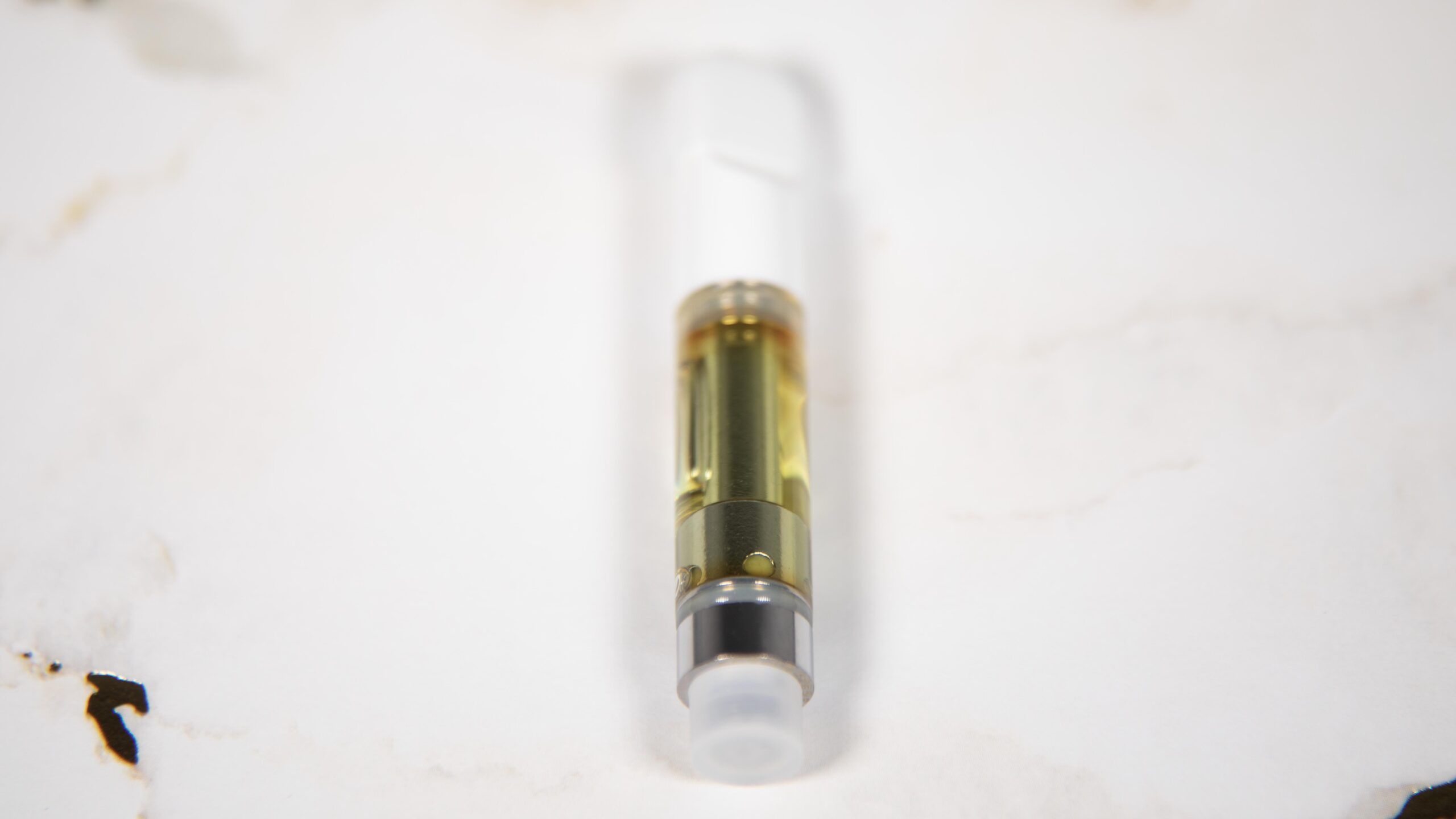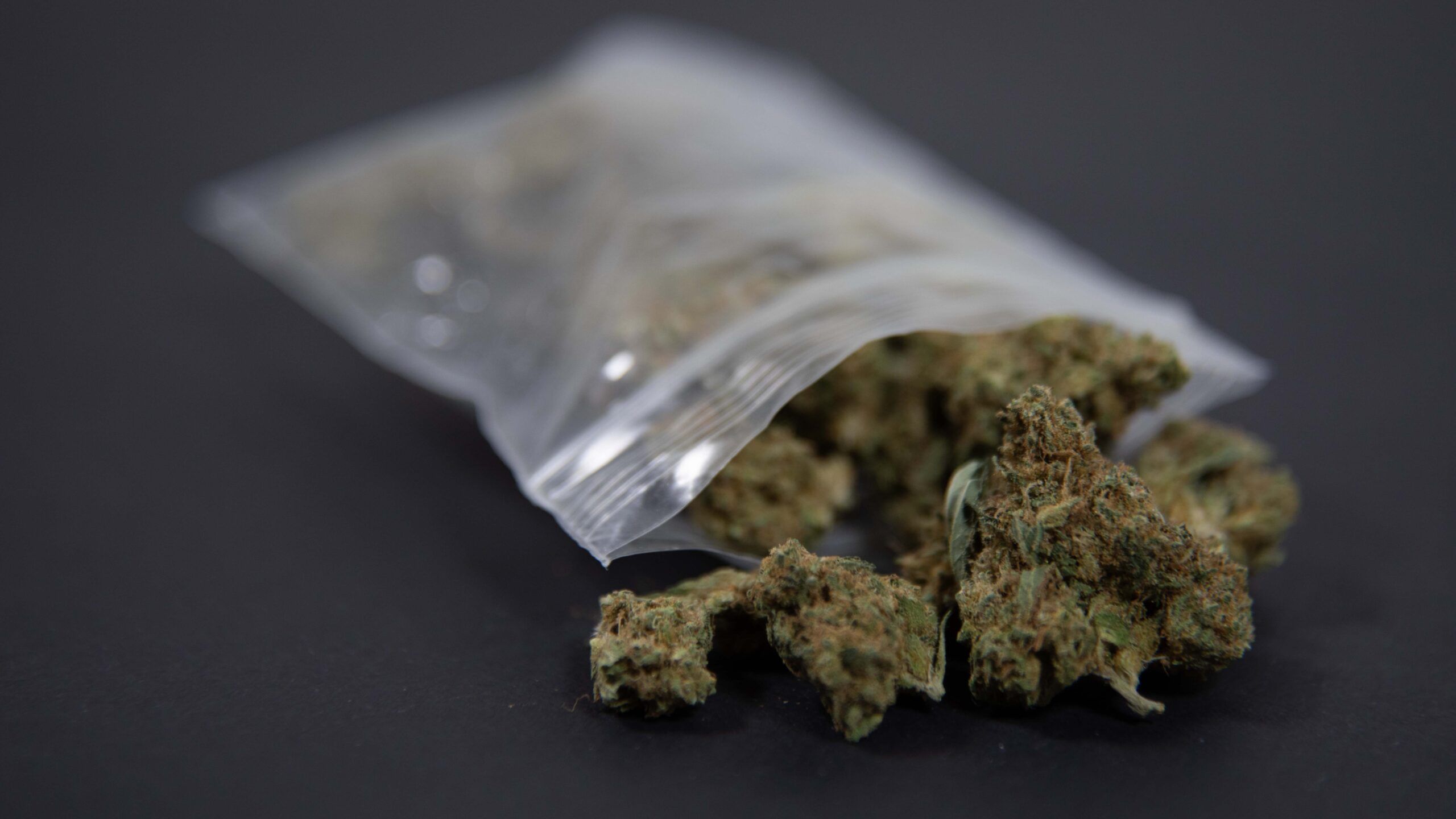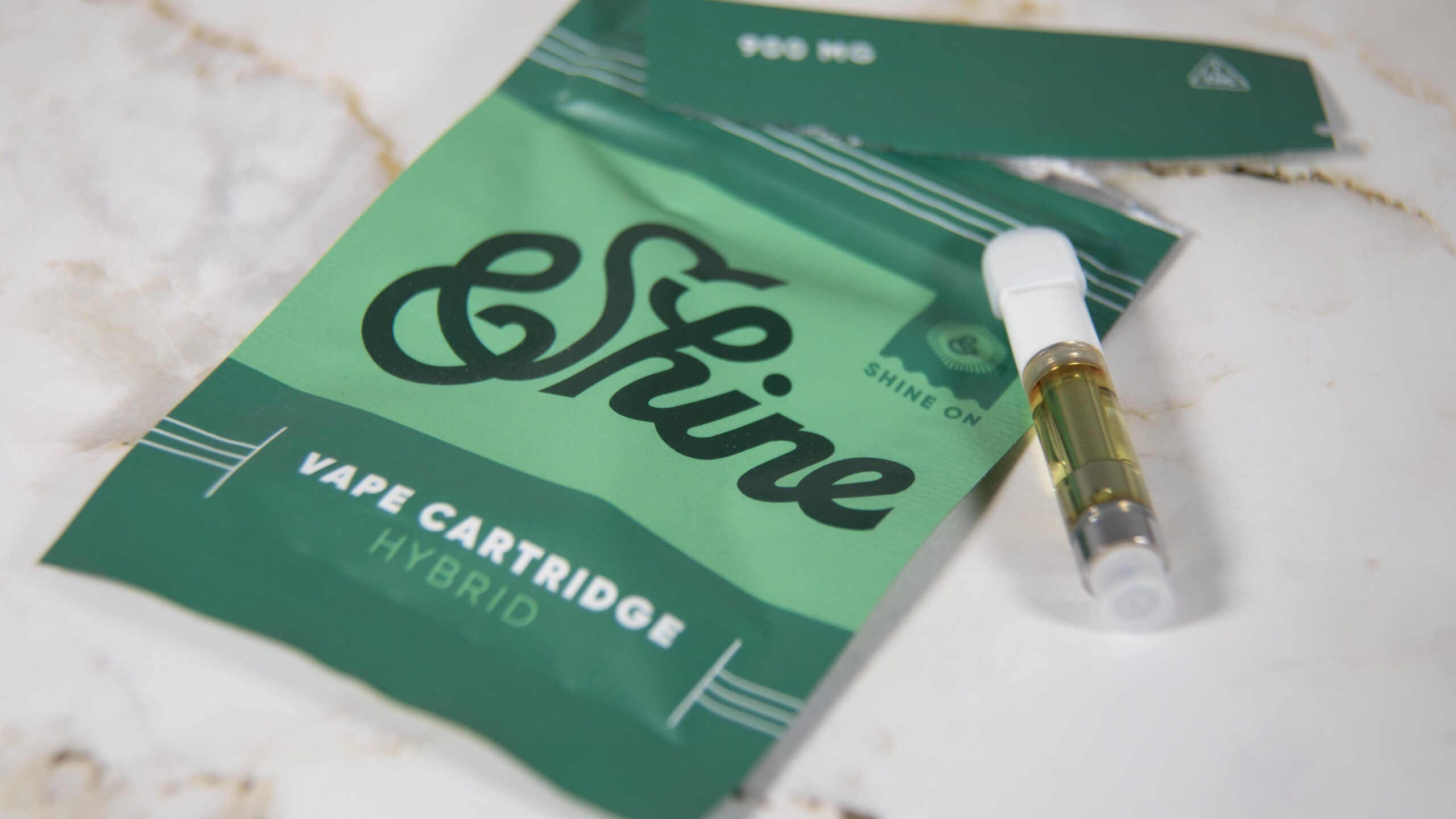The cannabis vape oil market has grown rapidly in recent years, but with that growth has come heightened consumer concern about health and safety. Reports of contamination, heavy metals, and unregulated additives in poorly made cartridges have pushed consumers to ask hard questions: how safe are white label vape oils, and what steps are manufacturers taking to address these risks? White label brands—companies that produce vape oil products for multiple retailers under private labels—are now moving to reassure buyers with stricter testing, cleaner formulations, and transparent sourcing.
The Push for Rigorous Lab Testing
One of the most visible responses from white label producers has been a stronger commitment to third-party lab testing. Consumers increasingly expect certificates of analysis (COAs) that verify potency and confirm the absence of harmful contaminants such as pesticides, residual solvents, or heavy metals. Brands like ILEVA and Binoid, both active in the white label space, now emphasize transparent lab results that are easily accessible online or via QR codes on packaging. For consumers, this creates a clearer path to verifying product safety before purchase.
Cleaner Formulations and Ingredient Scrutiny
Another major shift involves formulation practices. In the wake of the 2019 vaping-related lung illness outbreak (often linked to illicit or gray-market products containing vitamin E acetate), reputable white label companies moved quickly to ban potentially dangerous additives. Instead, they have turned to cannabis-derived terpenes or natural botanical flavors to achieve consistency and taste. Companies like Jetty Extracts, which offers white label services in addition to its branded lines, promote solventless and additive-free oils to set themselves apart in a crowded marketplace.
Sustainable and Safer Packaging
Packaging is also playing a key role in consumer trust. Beyond child-resistant compliance, many white label producers are adopting hardware that minimizes leaching risks. Upgraded ceramic cores, stainless steel housings, and food-grade materials are becoming standard to prevent heavy metal contamination. Partnerships with cartridge suppliers such as CCELL and AVD allow white label brands to offer hardware that aligns with higher safety benchmarks.
Responding to Consumer Education
As consumers grow more knowledgeable, brands have recognized the need to provide clearer education around what goes into their products. Some white label manufacturers have expanded websites and product inserts to explain extraction methods, ingredient sourcing, and proper usage. By addressing common consumer questions upfront, these companies are aiming to replace skepticism with confidence.
Industry-Wide Collaboration
Health and safety concerns have also sparked collaboration between white label manufacturers and industry groups. Organizations such as ASTM International and the National Cannabis Industry Association (NCIA) are developing voluntary standards for vape cartridges and oils, encouraging members to adopt uniform safety protocols. Many white label brands have signed on, understanding that consumer trust hinges on industry-wide accountability.
A Market Shaped by Safety
Ultimately, the long-term success of white label vape oil depends on how effectively these brands can prove their commitment to safety. With consumers demanding transparency and regulators increasing oversight, the companies that thrive will be those that put health concerns front and center. For buyers, this means more tools to identify reliable products—whether through verified lab results, safer hardware, or additive-free formulations.



